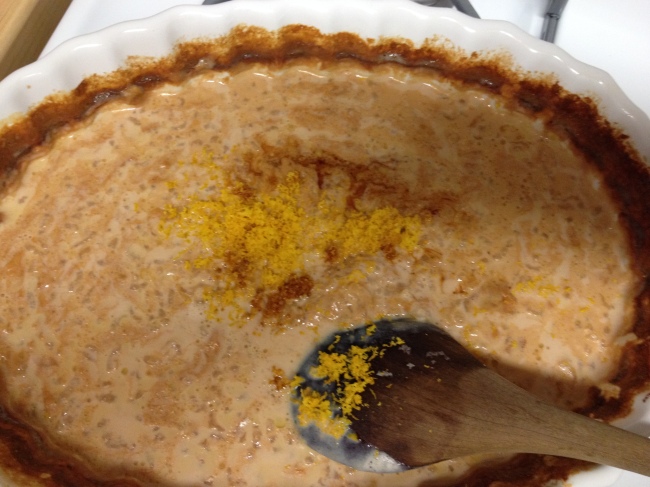I hate being late. I’m pretty sure this dates back to a childhood obsession with “people pleasing” that has carried over into my adult world. Not that there’s anything wrong with it; it’s nice to show up on time — professionally speaking, this is a bonus, and I think when you’re a dinner guest or meeting a friend, promptness is a courtesy we all can appreciate.
The thing is, I’m realizing that my race to get out the door is inhibiting my ability to live in the present. This is a goal of mine, now that I am in a transitional life phase (that sounds ominous; it shouldn’t). With all of my children no longer children and living primarily on their own, I find that the mental energy I expend during most days centers around work and…work. Again, this is good — from a professional standpoint, I’m being productive and I like to feel as though I’m accomplishing something (again, the people pleasing rears its sometimes ugly head). But the days are whizzing by, and I’m realizing that there is a real peace and satisfaction in sometimes doing and thinking nothing. Well, not nothing, but nothing of consequence.
In his book, The Miracle of Mindfulness, Thich Nhat Hanh offers practical suggestions for how we become more mindful. One of my favorites:
“While washing the dishes, one should only be washing the dishes, which means that while washing the dishes, one should be completely aware of the fact that one is washing the dishes.”
It’s been more than a decade since I first picked up the Zen master’s seminal work, but for some reason, this passage has stayed with me. And I was reminded of it today as I was filling the ice-cube trays.
In our house, this is a job usually reserved for my husband. I can’t give a good reason as to why, but I suspect it has something to do with the fact that, well, he just has more patience than I. There are 6 trays in our freezer, and emptying and refilling them all at once takes — oh, I don’t know — maybe 3-4 minutes. In my world, that’s 4 minutes I could otherwise be accomplishing something. But today, armed with a renewed commitment to living presently in the moment, I filled the trays. And while I was filling the trays, I thought of nothing else but filling those trays. Watching the small cavities gradually transform from empty to full was gratifying — A little nugget of momentary peace. I’ll take it.
Baked Rice Pudding
This dish, in addition to filling your belly with warm, sweet satisfaction, offers good practice in mindfulness and patience, as it requires some babysitting, a little extra TLC, if you will. But oh, it’s worth it.
Ingredients:
4 c. Whole milk (more as needed)
⅓ c. Arborio rice
⅓ c. Sugar
1 T Unsalted butter
½ Cinnamon stick
1 t. Vanilla extract
Zest from one orange
Fine sea salt
Optional: ½ c. dried fruits such as raisins, currants, cherries, etc.
Preheat oven to 300 degrees. Lightly butter a shallow 2-quart baking dish.
In a saucepan, combine the milk, rice, sugar, butter and cinnamon stick. Bring to a simmer over medium heat, stirring to dissolve sugar. Pour into the baking dish and distribute evenly. Bake, stirring with a wooden spoon every 15-20 minutes — this is where the patience part comes in — until the rice is very tender and has absorbed most of the milk, about 1.5 hours.
Remove from the oven and stir in vanilla, orange zest and a pinch of salt (*if you’re adding dried fruit, this is when you’ll want to do that). If the pudding seems too thick, stir in additional milk until you have achieved desired consistency. Spoon into bowls, and enjoy! (makes 4-6 servings)
–Adapted from Comfort Food for Williams-Sonoma (Oxmoor House, 2009).




